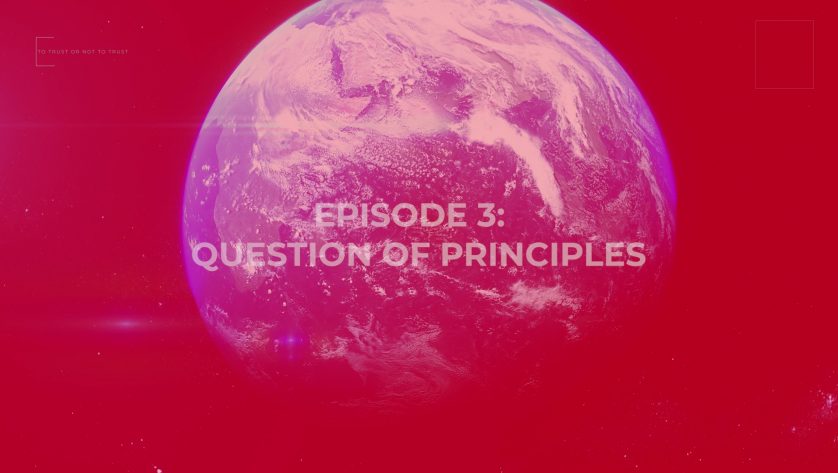A high-quality product to drive humanitarian aid
To understand the impact of Solferino Coffee, one must first understand the importance of coffee in Honduras, a country that has positioned itself as the main coffee producer and exporter in Central America. In fact, the crop one of the country’s main sources of income, representing over 5% of its gross domestic product (GDP).
Marcala, in particular, is one of the main regions for coffee cultivation in the country. Their produce is highly recognized for its aroma and flavor, thanks to the climatic and soil conditions of the area.
Considering the area’s coffee-growing tradition, the Marcala Branch of the Honduran Red Cross initiated the Solferino Coffee project with two objectives in mind: to create a source of income sustainability income for the Red Cross in this district, and to support small producers in the area by expanding the reach of their product. In the past, the only option for local growers was to compete with other regional growers in selling their beans at lower cost to larger distributors outside the community.
By processing, distributing and marketing the fruits of local producers, Solferino Coffee hopes to create a long terms means to improve the community. Already, the success of Solferino Coffee since its early start in 2019 is undeniable. Production has grown exponentially, reaching a total of 300 quintals (30,000 kg) of coffee produced in 2022. Additionally, the projections for 2023 are even greater, with an estimated production of up to 1000 quintals (100, 000 kg).
The type of production that Solferino Coffee carries out in harmony with the environment contributes significantly to its success. Each plot manages crops organically and implements “under shade” techniques that help preserve the soil and contain erosion.
“The name of this coffee is very interesting because it was inspired by the Battle of Solferino,” explains Nelly Vásquez, a volunteer for the Honduran Red Cross. “It’s an original name, it sounds good and it represents the origins of the Red Cross.”
 Red Cross Red Crescent magazine
Red Cross Red Crescent magazine 
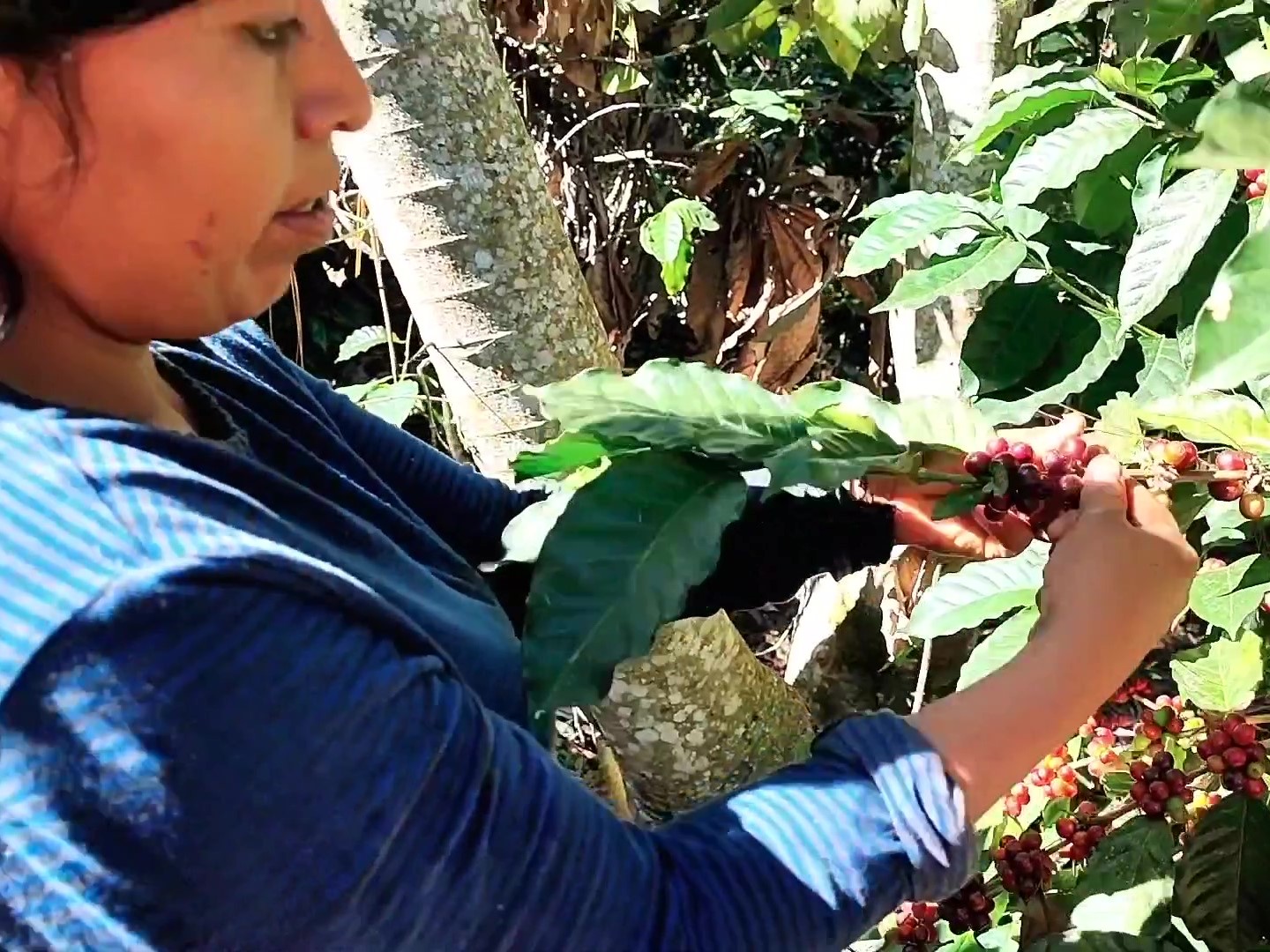
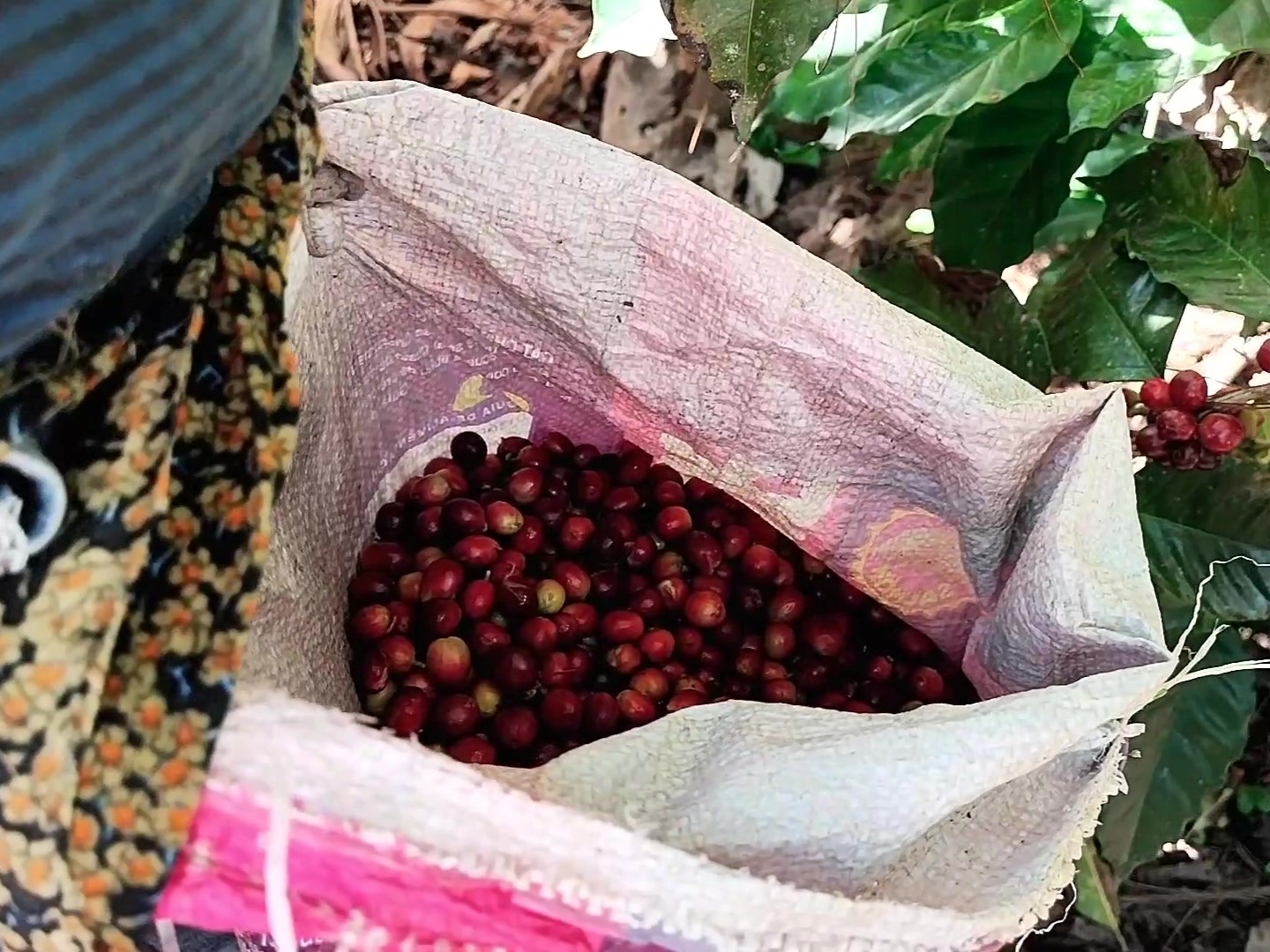
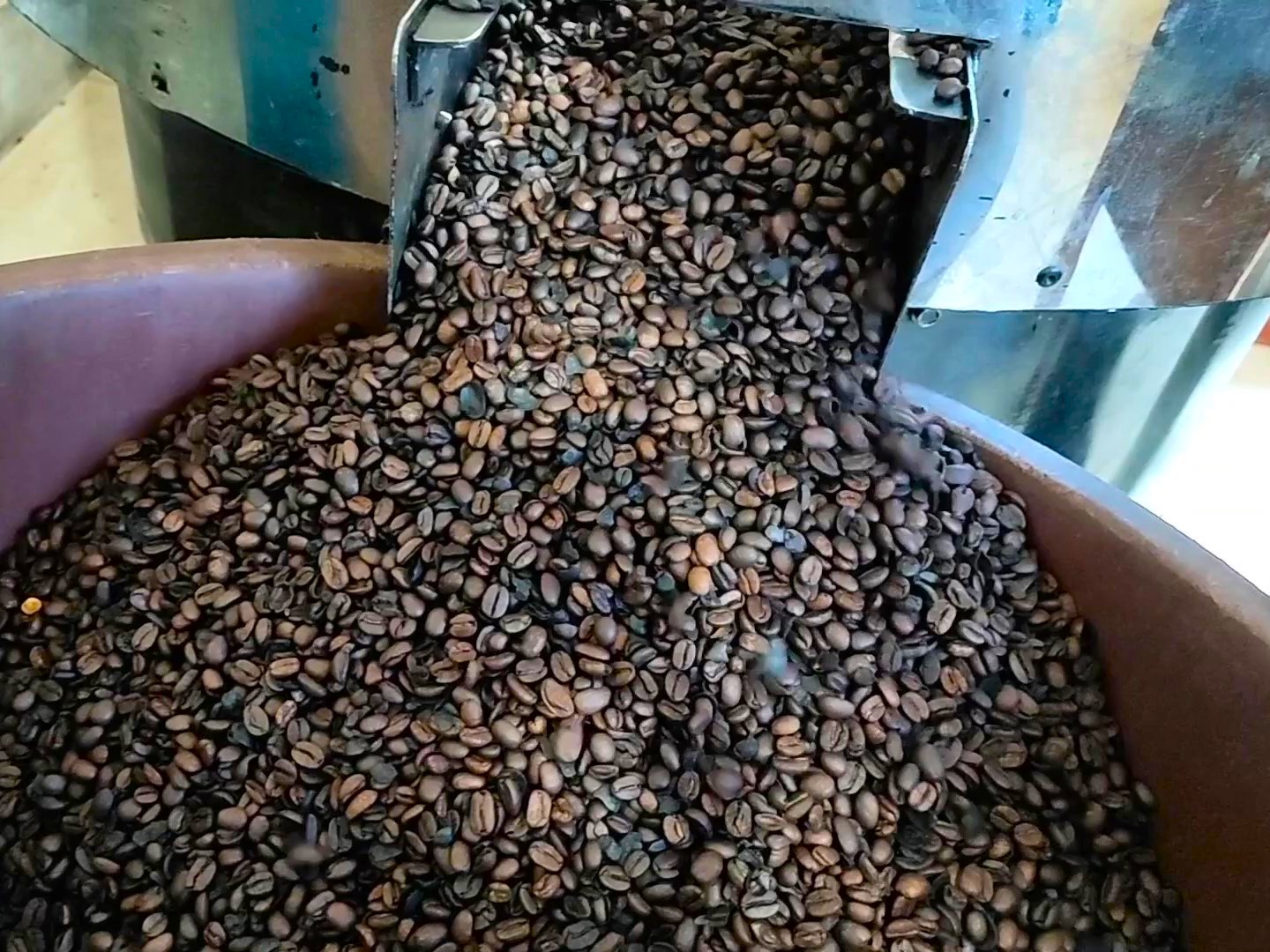
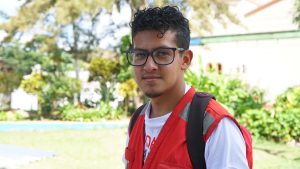






 Tech & Innovation
Tech & Innovation Climate Change
Climate Change Health
Health Migration
Migration